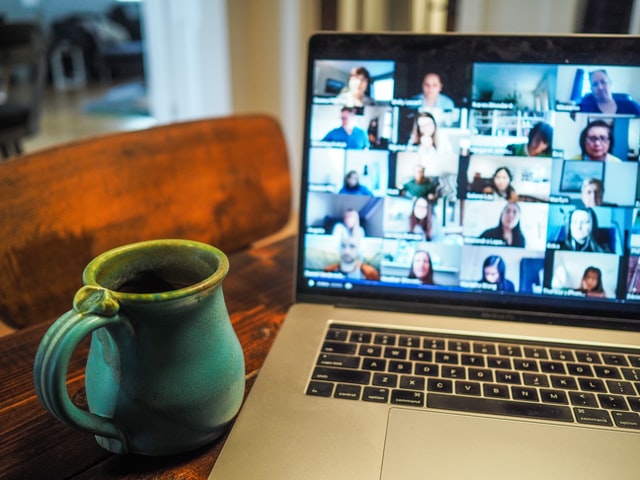
Twenty-four and a half years
A review of my work at the Instituto Nacional de Tecnología Agropecuaria, INTA, Argentina.

A review of my work at the Instituto Nacional de Tecnología Agropecuaria, INTA, Argentina.

Paso a paso con videos para realizar una revisión usando GitHub

In this blog post, you will learn what specific information to request on the form for the call for tutorials

In this blog post, you will learn how to create aditional resources for the call for tutorials for a conference, like the accessibility guide and the code of conduct.
This is the first post of our interview series “Meeting the stars of the R-universe”. We aim to introduce the working groups and people behind the development of software and packages many of us use and which are available through the R-Universe. We want to highlight and explore different teams and projects around the world, the work they do, their processes and users. We begin our journey in Argentina with a team that uses R and develops R packages for the Argentinean State.